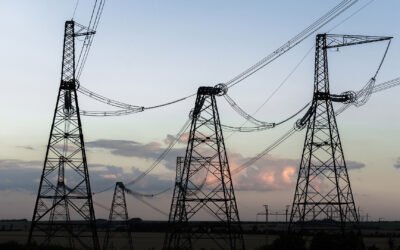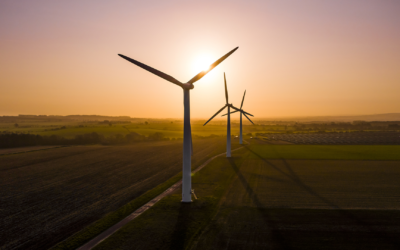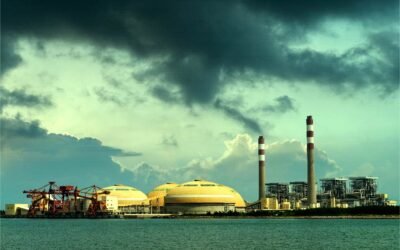• The transport sector is heavily reliant on fossil fuels and accounts for 37% of CO2 emissions from end use sectors (International Energy Agency).
• Globally APAC is the leading region in terms of EV charging infrastructure installed base which is evident from the annual sales of passenger EVs in the region. • Utilities have been very active in the EV charging business especially in Europe where major utility companies like Enel, E.ON, Engie, EDF, and Innogy have acquired EV charging companies such as EVBox and Nuvve or are acting as CPOs.
• In EMEA, petroleum giants have emerged as the biggest players in the EVSE sector as oil giants like Total and Shell have acquired multiple big EV charging OEMs.
Globally, especially advanced economies, in the wake of rising carbon emissions and associated climate change, are shifting from Internal Combustion Vehicles (ICEs) to Electric Vehicles (EVs). International commitments, especially
The Paris Agreement, have a significant role in pushing economies to take measures to reduce their emissions which in turn has led to the global emergence of the EV industry. The Paris Agreement is a legally binding international treaty on climate change which was adopted by 196 countries at COP21, and its goal is to curtail global warming well below 2, preferably to 1.5 degrees Celsius, compared to preindustrial levels. [1]
The transport sector is heavily reliant on fossil fuels and accounts for 37% of CO2 emissions from end use sectors according to International Energy Agency. Emissions have been rising, over the past decades, with the exception of 2020 when it dropped by 10% YoY to 7.2 Gt of CO2, as compared to 8.5 Gt, due to COVID-19. [2] So, the transport sector has a crucial role in curtailing global warming by providing a timely transition from ICE vehicles to electric vehicles. But the sustenance of EV sales especially is heavily reliant on the availability of charging infrastructure which is being deployed globally (APAC, EMEA and Americas).
In this white paper we will discuss region wise deployment of charging infrastructure in APAC, EMEA and the Americas, and major trends in the EV charging industry in detail.




EV Charging Infrastructure Service Overview
The research presented in this article is from PTR's EV Charging Infrastructure market research. For information about this service please submit a request shown below.
Europe: +49-89-12250950
Americas: +1 408-604-0522
Japan: +81-80-7808-1378
GCC/Rest of APAC: +971-58-1602441
More About our: EV Charging Infrastructure Market Research
Recent Insights
North American HVDC Market (2017–2021)
The HVDC market has gained a lot traction due to the expansion of renewable energy resources across the globe. In the last decade, a significant growth in onshore renewables has been witnessed in North America. To evacuate this energy from generation centres, HVDC has...
Middle East Energy 2022 – Conference Impressions
The Middle East Energy 2022 event took place in Dubai and Power Technology Research (PTR) enthusiastically participated to gain a sense of what is currently relevant and important in the GCC region. The atmosphere at the show was fantastic with an eagerness from many...
Roll Out of Offshore Wind Farms Driving HVDC Market
There has been a rapid growth in the offshore wind farms installations in the recent years. Asia for instance is emerging as a key market for offshore wind farms with GE and Toshiba entering into a strategic partnership. HVDC technology is already getting a lot of...
Climate worries pushing manufacturers away from Coal
Globally there is a growing consensus to move towards less carbon intensive power generation in a bid to tackle pollution and environmental concerns. This consensus is reflected in the decline[SS1] [KM2] of coal consumption in 2019, although there are disparities...
Impact of US Elections On Global Energy Market
Biden will rejoin the Paris Agreement, which is the most inclusive global agreement on climate change to date. Unlike the Kyoto Protocol which focused on cutting emissions from the developed world, this agreement sets a goal to which almost every country in the world has agreed to contribute.
Demystifying China’s Power Grid
SGCC is a wholly state-owned enterprise with 30 departments, 6 branches, 27 provincial subsidiaries and 39 other subsidiaries.
COVID-19 & the World Markets
The effects of Covid’19 have been felt globally. According to the June 2020 Global Economic Prospects report by the World Bank, the global economy (in terms of GDP) is expected to contract by 5.2% in 2020. Advanced economies are expected to shrink by 7%, and...







